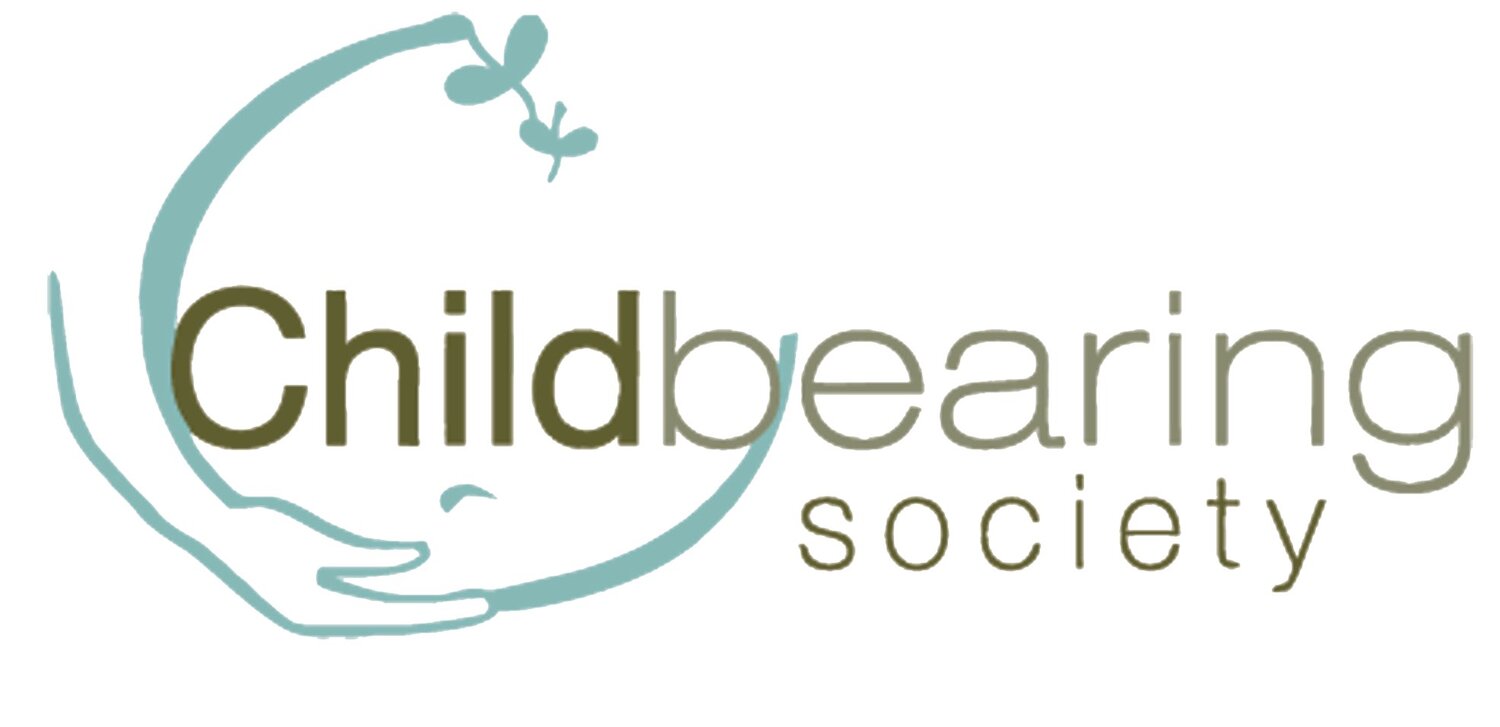Black Lives Matter.
Here, on our website, we will be doing our best to post up-to-date links, information, and donation options for supporting people of colour. We aim to amplify black voices and will be using this page to do so. Please read through the information below to learn more about disparities in healthcare and more specifically how birthing spaces affect black people and their babies and families. Then, donate through the numerous organizations we’ve linked to below and pledge to do more. Share this page to make it easy for your friends to learn more, do more, and take the burden off of the BIPOC people in your lives from having to explain their experiences.
Birth work is political & racial disparities in healthcare exist and are prevalent today. Black women experience added barriers and obstacles to accessing healthcare, prenatal care, and end up with worse outcomes.
One of the reasons that racism persists in Canada is because our commitment to the perception of racial tolerance and harmony seems to be prized above the actual lived experiences of people.
-Author Robyn Maynard on Anti-Black Racism, Misogyny, and Policing in Canada
Donate
Send an e-transfer to ocamacollective@gmail.com with the password "blackbirthmatters" to support the important work of Ocama Collective in Toronto.
Understanding & Learning
Below are links to articles and studies that offer some insight into the racial disparities black women experience in healthcare and birthing settings.
In the U.S., Black Mothers Need More Than Health Care
“Indeed, all women deserve to bring life into this world without the threat of death and disease. Focusing on women with the worst outcomes and eliminating racial disparities in maternal and infant health is a good place to start. Efforts that focus on social and racial factors could prove fruitful and yield innovation and action that ultimately benefits all.”
Black Maternal Health: A Legacy and a Future
African American women are three-to-six times more likely to die during pregnancy and the six weeks after delivery than U.S. white and Latina women. That holds true across various levels of income and education. In fact, some studies find middle-income and highly educated African American women at higher risk.
America is Failing its Black Mothers
Put simply, for black women far more than for white women, giving birth can amount to a death sentence. African American women are three to four times more likely to die during or after delivery than are white women. According to the World Health Organization, their odds of surviving childbirth are comparable to those of women in countries such as Mexico and Uzbekistan, where significant proportions of the population live in poverty.
Programs work from within to prevent black maternal deaths: Workers targeting root cause — Racism
Twenty years ago, working at the bedside in a maternity ward, Hakima Tafunzi Payne saw first-hand how poorly black women were often treated. “People didn’t go out with the intention to be racist, but you still saw the impact that racism had,” said Payne, MSN, RN, a labor and delivery nurse. “Black families were always held to a different standard, seen as more suspect. White patients were given leeway that black patients were never given.”
What’s Behind the Increased Numbers of Black Women Dying During Pregnancy and Childbirth in the United States?
Rising maternal mortality rates in the United States are a domestic crisis and a critical human rights issue. The numbers should also be a wake-up call. More women are dying from complications related to pregnancy and childbirth today than they were two decades ago. In fact, the United States is the only developed country where maternal mortality rates have increased in that time.
Why Racial Gaps In Maternal Mortality Persist
Medicine continues to advance on many fronts, yet basic health care fails hundreds of women a year who die during or after pregnancy, especially women of color. Black mothers die at a rate that's 3.3 times greater than whites, and Native American or Alaskan Native women die at a rate 2.5 times greater than whites, according to a report out this week from the Centers for Disease Control and Prevention.
Parenting
The Conscious Kid
The Conscious Kid is an education, research and policy organization dedicated to reducing bias and promoting positive identity development in youth. They partner with organizations, children’s museums, schools, and families across the country to promote access to children’s books centering underrepresented and oppressed groups.
Stories for Kids
"The Colors of Us" by Karen Katz
"Let’s Talk About Race" by Julius Lester"
The Skin I’m In: A First Look at Racism" by Pat Thomas
Sesame Street's "We're Different, We're the Same" by Bobbi Jane Kates
"Something Happened in Our Town: A Child’s Story about Racial Injustice" by Marianne Celano, Marietta Collins, and Ann Hazzard
"I Am Enough" by Grace Byers
"Happy in Our Skin" by Fran Manushkin and Lauren Tobia
"Voice of Freedom: Fannie Lou Hamer: The Spirit of the Civil Rights Movement" by Carole Boston Weatherford and Ekua Holmes
"Raising White Kids: Bringing Up Children in a Racially Unjust America" by Jennifer Harvey
"Daddy Why Am I Brown?: A healthy conversation about skin color and family" by Bedford F. Palmer
"A Terrible Thing Happened" by Margaret Holmes
“Antiracist Baby" by Ibram X. Kendi

